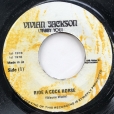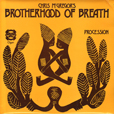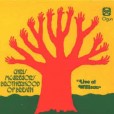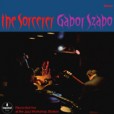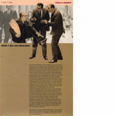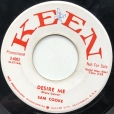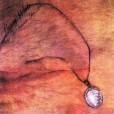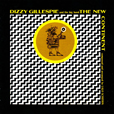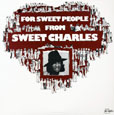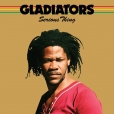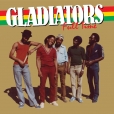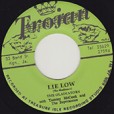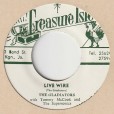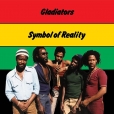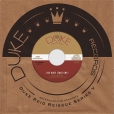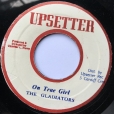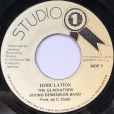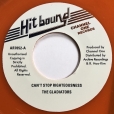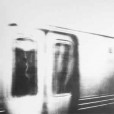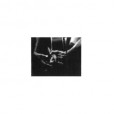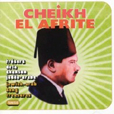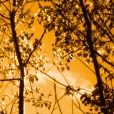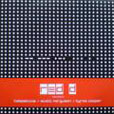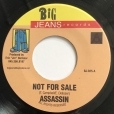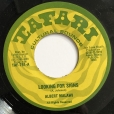Your basket is empty

‘Verve By Request.’
Street pranks and put-ons — ‘terrorizations’ — from early sixties San Francisco; also a DVD of the pair’s The Impostors TV show, too far ahead of its time to get past this ‘64 pilot.
The big band, with Frank Rosolino, Phil Woods, James Moody and the rest, and pianist Lalo Schifrin leading the way through his compositions. Plus four live Quintet tracks, from 1961, the year before.
Very early Glads, from 1967, seemingly pre-Albert Griffiths — and a killer Tommy McCook instrumental. Both previously unreleased Duke Reid productions, when Trojan was properly trojan; by way of Japan.
Sweet rocksteady — expertly arranged, with boss guitar, horns and harmonies.
“We’re going to put it on… we are loaded… (long pause)... with soul music.”
‘Committed to tape on February 20, 1979… a real declaration of identity for Loren. He was introducing himself publicly as a guitar player, although his approach was still very much dictated by the influence of the painter, Mark Rothko, who Loren once described as using a minimal palette to create vital art… The feel to this session is bluesy, in as much as Loren’s wordless vocals have a surface similarity to a hellhound’s, and while he was not using a slide, most of the notes he plays are bent to the edges of their known range. Fahey always said blues was ‘about’ anger, though there’s not really any of that here. I am more reminded of this Rothko quote. ‘You’ve got sadness in you, I’ve got sadness in me ... and my works of art are places where the two sadnesses can meet, and therefore both of us need to feel less sad.’ The first side is solo. On the second Loren is joined for a bit by Kath on hums and recorder. The music brims with sorrow more than anything else. And while it’s clear Loren was embracing an abstract avant garde aesthetic vis-a-vis his playing, the urge to communicate seems to lie at its roots. Whatever you choose to call it, this is the beginning of something quite beautiful’ (Byron Coley).
The ‘little devil’ was born in Tunis in 1884 to a Libyan mother and Moroccan dad. The first half of the twentieth century was a golden era in Tunisian music; Cheikh El Afrite its most celebrated artist. As a youngster he became fluent in its mix of classical Arab-Andalous and Ottoman traditions with folk idioms like bedouin and other African melodies, fondo and fezzani, and the festive tripolitain music of Libya. Turning professional at eighteen, he was soon singing for the bey every Tuesday night, at his seaside palace in Hammam Lif. Later, his recordings made him star throughout the Maghreb.
